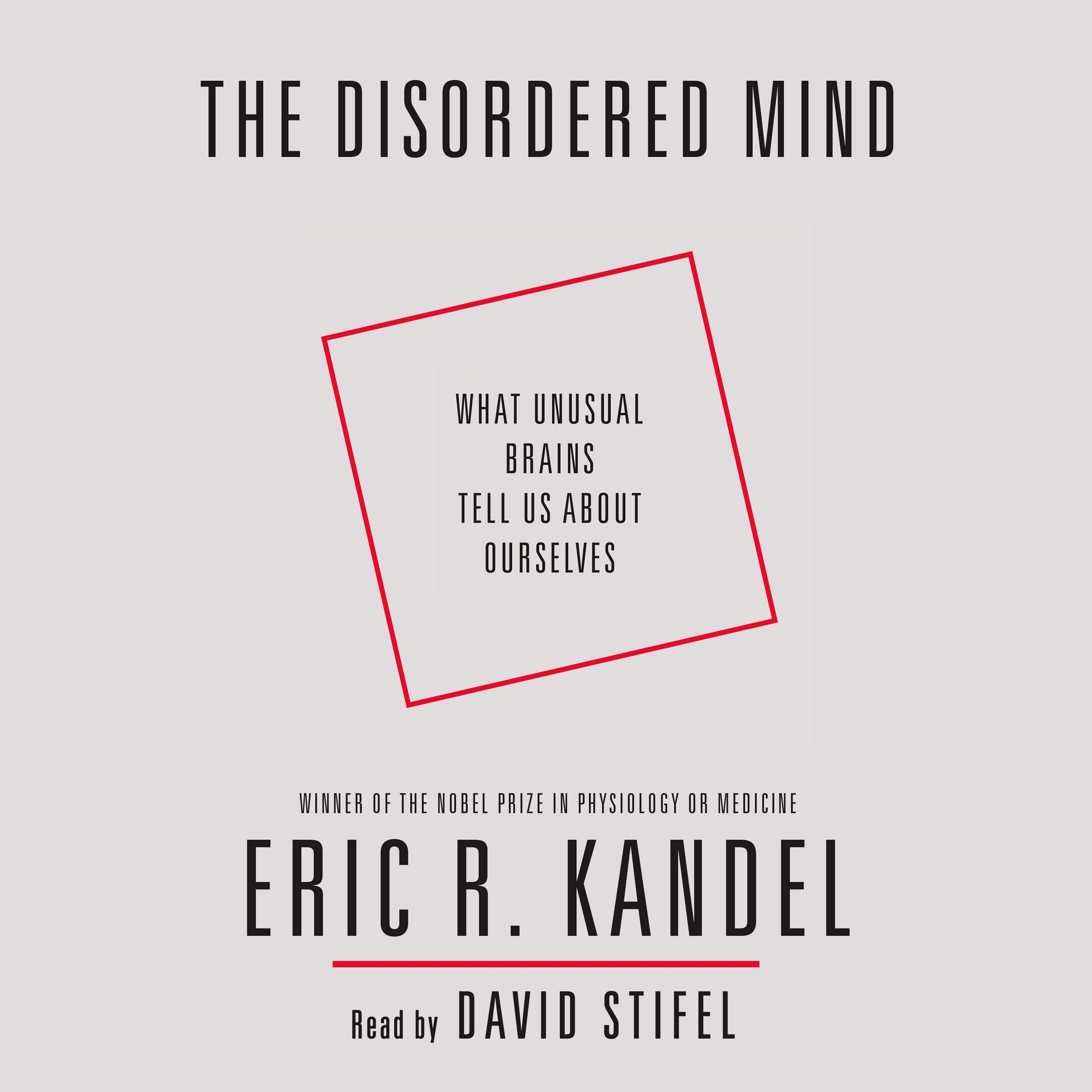Here, I summarize my thoughts on three books by Eric Kandel: The Disordered Mind, In Search of Memory, and Reductionism in Art and Brain Science: Bridging the Two Cultures. Eric Kandel is a great American scientist and winner of the Nobel Prize. Interestingly, he started his career as a humanities major at Harvard, and he writes very much in that tradition.
The books cover various topics, including psychiatric disorders such as schizophrenia, the molecular basis of memory, and the relationship between the subconscious and art, and incorporate his recollections of his life journey and world history, particularly related to Vienna. While the books focus on different things, they all look at different aspects of the same subject, like taking different views of one elephant.
When discussing psychiatric diseases, I like how Dr. Kandel described the root causes and history of schizophrenia and autism. These diseases trace much of their early history to Vienna and some famous early brain scientists there, such as Kraepelin and Asperger. Within the topic of memory, I liked Dr. Kandel's reflection on how memory is stored in synapses from inhibitory and excitatory neurons, and, in parallel fashion, these synaptic memories turn into molecular events and gene expression through activating and repressing transcription factors of the CREB family. Kandel also talks about his own memories. It was striking how Vienna was such a center of scholarship in the early 20th century and so quickly fell into tragedy with the advent of the Nazis and has changed dramatically since then.
Finally, I enjoyed reading about Dr. Kandel's relationship between the subconscious and art. He talked about how many recent artists have tried to move beyond the conscious representation of the figure and harness their subconscious and how abstract art can play into our deep mental processes, such as face recognition.
Overall, I found these books very interesting reads that give an encompassing picture of both the mind and a great person.

The Disordered Mind: What Unusual Brains Tell Us About Ourselves
4.7 | 0 ratings
Price: 18.77
Last update: 05-04-2024